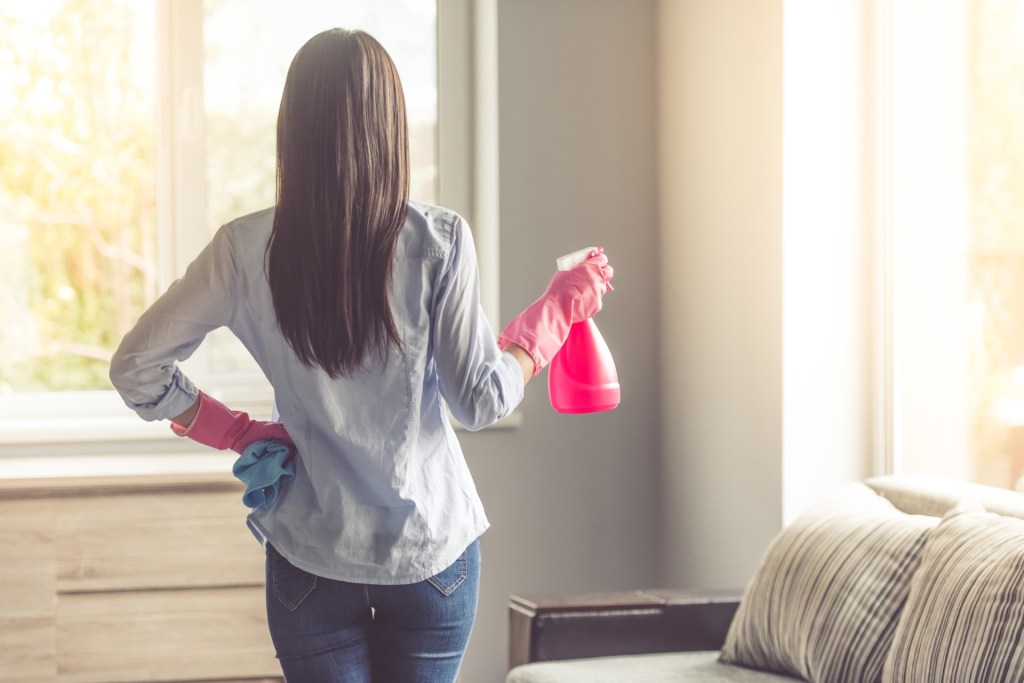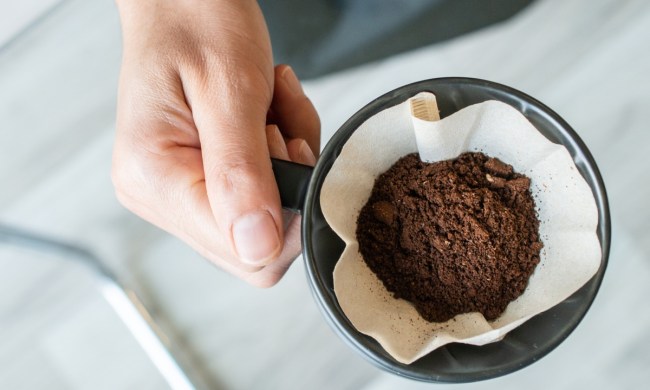Your home is going to have its fair share of insects and bugs trying to invade, but that doesn’t mean you can’t take steps to stop them. There are many chemicals and dangers associated with using traditional pesticides, however. What can you do? You can use natural methods of pest control that can help you build barriers in your home and substantially cut down the presence of all sorts of pests trying to make your home their new hangout. Let’s take a look at some all-natural and healthier options for you, so you can enjoy your living space without any unwelcome visitors.

Soapy water
This is a tried-and-true simple method of pest control and keeping our home clean: Simple soap and water. It can remove traces of foods or other residues that bring in household pests like ants or mice. This an excellent preventative pest-control method.
Heat
Heat kills many pests at all stages of the life cycle, so put it to good use. For pests that like your fabrics, such as dust mites or fleas, wash towels and bed linens in hot water and dry on high heat to kill them off.
Steam cleaning can also help remove residue traces that attract pests while killing eggs and larval-stage household pests. A steam cleaner for your curtains or even a steam mop for flooring can go a long way toward getting rid of them.
Diatomaceous earth
Diatomaceous earth is deadly for insects with an exoskeleton or those with soft bodies. While it’s harmless to humans and pets, it can cause dehydration and serious injury to insects, leading to death in as little as 48 hours.
Sprinkle it out of sight in places where insects often hang out, such as the tops and backs of cabinets in your kitchen.
You can also sprinkle it on your mattress to help cut down on dust mite populations, or you can use it as an effective defense treatment against fleas and ticks hiding in your carpets and soft furniture.
Natural oils
Strong-smelling natural oils often deter insects because they can’t stand the scent, so use it a natural defense. Peppermint and citrus, for example, will help repel ants, while cedar is a natural flea deterrent.
Make an essential-oils blend using peppermint and citrus oils for a quick spray, adding water and a splash of isopropyl alcohol to help preserve it.
You can also use dried spices like cayenne pepper to create natural barriers both indoors and outside that insects won’t cross.
Sticky traps
Sticky traps are a natural way to catch insects such as pantry moths or other winged insects. A big plus is that here are no chemicals that can harm your children or pets, and sticky traps ensure that insects get caught in them and can’t escape. You should consider placing them in out-of-the-way places where pests like to sneak in — such as your laundry room or basement.
White vinegar
Vinegar is a great way to help ensure that your home is inhospitable to insects. Combine it with essential oils to create a natural cleaning solution for your kitchen and bathroom, or use a 50/50 cleaning spray with water. You can also combine it with diatomaceous earth to help rid your mattress of dust mites and other microscopic pests.
Vacuuming
There’s a lot you can do to deter pests just by vacuuming. It can help get rid of stink bugs without triggering the odor, for example, and can remove fleas. Not too many insects can survive being vacuumed up, and you’re cleaning your home, too, so it’s a win-win.
After you finish vacuuming, empty the canister immediately into a trash bag and place it in an outside garbage can. This ensures that if any insects did survive, they can’t return to your house. Plus, eggs won’t be able to hatch inside your vacuum, and especially when dumped into a trash can.
Helping your home stay pest-free

You don’t have to resort to heavy-duty chemicals to rid your home of these relentless household pests. These options help you deter them and keep your children and pets safe. Natural pest control is a simple option for deterring pests that could be in your home.
For best results, combine a few different options to help keep your home pest-free. You should also consider bug catchers as an option. Having a few different options would help stave off insects, bugs, and other pests from your home. These natural methods will safeguard it without harming anyone but those invaders.



